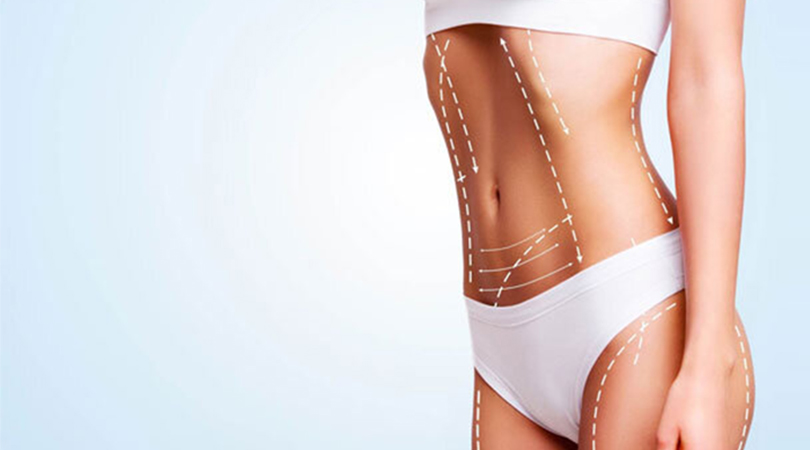
Vaser Liposuction
Liposuction, or medically called "lipectomy", is a type of surgical procedure performed by pulling fat tissue from certain parts of the body. With liposuction surgery, excess fat deposits are removed from areas of the body such as waist, hips, thighs, breasts and legs.
During liposuction, the surgeon places a small mouthpiece to the operation area to pull the fat cells and then moves it to pull the fat cells.
After liposuction, the surgical area is usually covered with a bandage or corset, and pain medications are given to the person. After liposuction, the patient is noticeably thinner, resulting in a more aesthetic appearance. However, since fat cells can regenerate in case of weight gain after liposuction, stability after the procedure is important and regular exercise, personalized nutrition and a diet program should be established.
Although it is possible to remove up to 10 kilograms of fat in a single session with liposuction, it is generally considered appropriate to gain up to 4 kilograms. The duration of liposuction is between 1 and 3 hours, depending on the amount of fat to be removed. It takes 6 months for the liposuction surgery, which is easily performed without any scarring, to show full results.
Liposuction – fat removal surgery prices are determined according to the size of the area to be treated, so a consultation with the doctor should be made for the most accurate information.
What is Liposuction –Fat Removal Surgery?
This method, popularly known as liposuction - fat removal surgery, is the process of removing the fat that accumulates in certain parts of the body and cannot be removed from the body by surgical method. People who cannot melt their fat in certain areas despite diet and exercise as required, get rid of the disproportionate appearance with the fat removal procedure to be applied to these areas.
Treatment Summary
Operation Time
4 - 6 Hours
Type of Anesthesia
General Anesthesia
Hospitalization
1 Night
Time to Return to Work
Immediate
Warranty Type
Life Time Warranty
Accomodation
5 Nights
VIP Transfer
Yes
Who Can Have Liposuction – Fat Removal Surgery?
Fat removal surgery is generally a suitable option for healthy, active individuals with weight problems. Those who want to have liposuction generally need to meet the following criteria:
- Having fat that is concentrated in a particular area and cannot be reduced by diet or exercise
- Must be in good general health and be able to allow the surgery to be performed
- If you do not smoke or need to smoke, you must have quit smoking before and after the surgery.
- You should have realistic expectations, fat removal surgery should only be used to regulate the shape of the body.
- After liposuction surgery, a significant change can be seen in the shape and structure of the body, but each person’s body and results may be different.
Liposuction, which is a procedure that can be applied to anyone who is not pregnant or suspected of pregnancy, and who does not have any systemic disease, should not be performed for the sole purpose of weakening or losing weight. First of all, the necessary diet should be applied, by adding exercise, excess weight should be removed, and then this method should be applied for fats that cannot be melted.
Liposuction – Fat Removal Surgery Methods
There are several methods that can be applied for liposuction surgery, the most preferred among these methods are:
Laser Lipolysis
Recently, the most preferred method of fat removal is known as Laser lipolysis. Laser lipolysis, which is a different application from classical fat removal methods, is a more practical and simpler method compared to surgical methods, therefore it is preferred by many people. During the treatment, the fat cells are broken down by a laser fiber placed under the skin and thrown away by the body. This method can be used alone or as an alternative to the liposuction method. However, while laser lipolysis is only used to break down fat cells, liposuction physically pulls out fat cells.
Laser Liposuction
Laser liposuction pulls out the fat cells using a tool (or laser) placed under the skin, aiming to physically pull the fat cells out. This procedure is generally considered suitable for people with more serious fat accumulation. Both processes use laser technology, but laser lipolysis aims to break up fat cells, while laser liposuction aims to physically pull fat cells out.
Laser liposuction and laser lipolysis can be used together, and one or the other can be preferred depending on the person’s fat status. Laser liposuction is more commonly performed, but Laser Lipolysis can be preferred because it is a scar-free method.
Vaser Liposuction Technique (Ultrasonic Audio)
In another name, liposculpture, that is, vaser (ultrasonic) liposuction, the fat tissue under the skin is broken down by ultrasonic waves and pulled into water and fat. This method offers benefits such as less pain, less swelling and faster recovery time; However, the cost of Vaser liposuction is higher than other liposuction methods, and the patient’s general health should be carefully monitored after the procedure.
Vaser (Ultrasonic) Liposuction, unlike other methods, can be used in all parts of the body, including the face area. Another feature of this method is that up to 10 liters of fat is burned at one time in line with the patient’s needs, and the procedure is completed in a single session.
How is Liposuction – Fat Removal Surgery Performed?
Liposuction – Fat Removal Surgery is the process of sucking the fat tissue with a vacuuming device by making tiny incisions on the skin and through hollow tubes (cannula) inserted through these cuts. The liposuction procedure is performed in a hospital setting with the application of general or local anesthesia. After anesthesia, the doctor uses a microcannula to draw the fat tissue under the skin, allowing the fat to be sucked without damaging the muscles, vessels or nerves.
After the fat is removed, the cuts are closed with small stitches; However, because the incisions are small, some doctors do not consider suturing necessary. During or after liposuction, the patient is dressed in a special corset or bandage, and the duration of the procedure varies according to the amount of fat to be removed from the person and the region where the fat will be removed.
Where is Liposuction – Fat Removal Surgery performed?
Liposuction fat removal surgery is a procedure usually performed by plastic surgeons, so it is usually performed in plastic surgery clinics or surgical centers. In addition, plastic surgery centers or aesthetic surgery clinics also perform liposuction procedures.
However, in order to perform liposuction surgery, the doctor must be a plastic surgeon, have surgical experience and have received a good education.
Who is in the Liposuction – Fat Removal Surgery Team?
While liposuction – fat removal surgery is performed under the leadership of a plastic surgeon, there are also anesthesiologists and nurses in the team. Apart from these, health professionals such as a dietician, psychologist or rehabilitation specialist are also included in the team before or after liposuction, when deemed necessary.
All surgical team should be trained and have adequate authority on surgical procedures and health safety.
Is a Companion Required in Liposuction Procedure?
Liposuction is a simple operation and the duration of the procedure is between 1 and 3 hours depending on the amount of fat to be removed, so patients are discharged on the same day. Depending on the severity of the surgery and the general health of the patient, a one-day hospitalization may be given when deemed necessary, in this case a companion may be deemed necessary.
Is intensive care required in liposuction?
Conditions that may require intensive care in liposuction include:
- Performing liposuction on a large area
- Too much oil pulling
- Performing liposuction in several different areas at the same time
- Poor general health of the patient
In rare cases, the patient may stay in the intensive care unit for a few days as a result of other complications or conditions. The patient’s condition is frequently checked and emergency intervention is performed when necessary; However, after the liposuction surgery, the patient should rest and care at home for a few days in line with the doctor’s recommendations. Apart from this, compression bandages or corsets should be worn to increase the speed of recovery.
Is Anesthesia Required in Liposuction Fat Removal Process?
In liposuction liposuction, anesthesia is used to reduce the patient’s pain during the procedure and to ensure that they are comfortable. Anesthesia options include general and local anesthesia, and local anesthesia is applied if the operation is in a single area, and general anesthesia is applied in a large area. General anesthesia puts the patient completely asleep, while local anesthesia is applied only to the treated area and the patient is awake during the operation.
What are Liposuction – Fat Removal Surgery Prices?
Liposuction – Fat Removal surgery prices vary according to factors such as the region where the surgery will be performed, the size of the surgery, the experience of the surgeon performing the surgery, and the economic situation of the country where the surgery is performed. The average price for liposuction may vary between 10,000 TL and 25,000 TL in Turkey, but you should consult your doctor or a plastic surgery center for accurate pricing.
What is the process before and after liposuction?
Liposuction, also known as fat removal surgery, is a surgical method used to remove unwanted fat tissue from a person’s body. Before the liposuction surgery, the patient’s suitability for the operation is checked by having a consultation with the surgeon, and the general health status of the patient and allergies are also evaluated.
Sharing the drugs used before liposuction with the physician also helps to determine the treatment option to be applied to the patient or to reduce the potential risks before the procedure. In particular, some medications such as anticoagulants, vitamins and herbal medicines may need to be discontinued before the procedure; because these drugs prevent the stopping of bleeding. For this reason, it is important that you share all your medications with your doctor before the liposuction (fat removal) operation and get information about the drugs you should stop before the procedure.
After these procedures, preparations are made for liposuction surgery. The preparation process includes precautions such as paying attention to the patient’s sleep and diet, not smoking and not drinking. On the day of the operation, the patient is anesthetized with anesthesia, the application is performed through liposuction needles without feeling any pain, and the adipose tissue is removed through the aspirator.
After liposuction, the patient usually recovers within a few days, but due to the swelling and pain that may occur in the body, she/ he should be careful for a few weeks. Also, swelling, bruising or crusting that may occur in the surgical area is normal and will pass over time. After liposuction, it is important to monitor the patient’s recovery process and to intervene quickly in case of any problems.
What are the examinations required before liposuction surgery?
Among the necessary tests before liposuction surgery; Physical examination, blood and urine tests, ECG, x-ray, mammography or other necessary imaging tests are performed to evaluate the general health status. In addition, the diet and exercise programs that should be done to the patient in the pre- and post-operative period are also indicated by the doctor.
Blood tests required before liposuction surgery are performed to evaluate the general health status, these tests include blood count tests such as Hemoglobin (Hb), hematocrit (Hct), platelet (Platelet) count, Blood grouping and Rh factor Blood sugar (glucose), Blood Tests such as salts (sodium, potassium, chlorine), blood creatinine level may be needed.
Before liposuction surgery, certain measurements and imaging systems are used to determine the size of certain parts of the body and the location of fat deposits. Preoperative measurements and imaging systems include;
- Body composition analysis: This test measures fat, muscle, water, and bone density and locates fat deposits.
- 3D imaging systems: These systems are used to determine the dimensions of certain parts of your body and the location of fat deposits.
- Measurements: Preoperative measurements are made to determine the size of certain parts of the body and the location of fat deposits. These measurements enable to predict the outcome to be obtained in the postoperative period.
These measurements and imaging systems are important for the planning of liposuction surgery, therefore, measurement and imaging systems that are suitable for the patient are used by the doctor.
Before liposuction surgery, a urinalysis is also performed to measure the amount of certain substances in the patient’s urine, thus detecting some health problems that may occur.
Among the substances measured in urine analysis; There are Protein, Glucose (sugar), Ketone bodies, Bilirubin, Nitrite, Erythrocyte (blood cell), Stains and bacteria count. Preoperative urinalysis evaluates kidney functions and risk of infection.
If there is no problem as a result of the examinations, the liposuction plan is prepared and the method of the operation, the type of anesthesia, the day and time of the operation are determined. The details and results of the method to be used are shared with the patient, and if deemed appropriate, an agreement is reached.
In addition to being physically ready for the surgery, the patient should also be psychologically ready for the surgery to have a high success rate.
What is the Nutrition and Diet Before Fat Removal Surgery?
Nutrition and diet before liposuction surgery are important to ensure a better surgical outcome and a faster recovery process. For this reason, the following recommendations will be useful for optimizing diet and diet.
- A low-fat and low-calorie diet: Before liposuction surgery, it is important to follow a low-fat and low-calorie diet to reduce the body fat percentage.
- Protein-based diet: Protein is necessary for the regeneration and healing of body tissues, so it is important to consume protein-rich foods before liposuction surgery.
- Plenty of water: Water is important in the body’s healing process, so before liposuction, it’s important to drink at least 8 glasses of water a day.
- Vitamins and minerals: Before liposuction (fat removal), it is important to consume foods rich in vitamins and minerals necessary for the body.
- Following your doctor’s recommendations: There may be a diet that is suitable for each person, your doctor may prohibit you from consuming certain foods before liposuction, so it is important to follow these recommendations.
In addition to these, smoking and alcohol consumption before liposuction surgery can increase the risk of infection and other health problems by prolonging the recovery time in the postoperative period. For this reason, smoking and alcohol consumption should be stopped at least 2 weeks before the liposuction surgery for the operation to be successful.
What is the Post-Liposuction Process?
When liposuction is performed under general anesthesia, the effect can take a long time, in which case the patient stays in the hospital for up to one day.
After the liposuction surgery, pain and ache are felt at a normal level, besides, the swelling and bruises that occur will pass within a few weeks. In the case of wearing compression aprons (corset) after liposuction, swelling decreases and the healing process accelerates, therefore it is important to wear a corset for about 2 months. In some cases, the doctor may also recommend physical therapy after liposuction. After liposuction, the results appear visibly; but this will have to wait a few weeks.
Since the effects of the post-operative procedure will be seen in about 6 months, it can be psychologically wearing out, so the patient should be patient.
After the operation, unless the doctor says otherwise, a warm shower can be taken the next day after the procedure, and the continuous use of the corset is not an obstacle to washing.
Antibiotic medication is given against the risk of infection and painkillers are given for pain that may occur after surgery. Painkillers prescribed by the doctor should be used for pain that may be experienced; Complications may occur as a different pain reliever may cause watering of the blood.
The patient can walk with assistance 2-3 hours after the liposuction procedure, but it is important to avoid sudden movements in the first days.
What are the Risks, Side Effects and Complications of Liposuction?
Like every surgical procedure, liposuction may involve some Risks, Side Effects, and Complications. Among these, the most common are:
- Bleeding: During the liposuction procedure, small and short-term bleeding may occur, but serious bleeding can also occur.
- Infection: After liposuction, infection may occur; but this can usually be avoided by cleaning the surgical field and applying aseptic techniques.
- Resistant Edema: After liposuction, some patients may experience swelling in the leg or abdomen, which usually disappears within a few weeks.
- Examinations on the Skin: Non-permanent examinations can occur on the skin, and in some cases, permanent thinning can be seen.
- Blood accumulation: After liposuction, blood and fluid accumulation called seroma can be seen, and to prevent this, attention should be paid to the use of corsets after the procedure. In case of blood and fluid accumulation, additional surgical procedure is required to drain the fluid.
- Organ failure: It is important to perform liposuction surgery, which is generally performed on the abdomen and hip parts, by a specialist team in order to prevent the risk of organ failure after the surgery.
- Heat and thermal injuries: According to the liposuction method used, heat and thermal injuries caused by ultrasound can be seen in ultrasonic fat removal surgery.
In addition to these, Liposuction Risks, Side Effects and Complications include skin or nerve damage, color changes due to bleeding, loss of fat as well as fluid loss.
What Should Be Considered After Liposuction?
No matter how successful the surgery after liposuction is, there are some issues that the patient should pay attention to. If the care of the wounds is taken care of, the recovery time of the patient after liposuction is faster. In addition, it is important for the patient not to lift heavy weights for a while after liposuction and to avoid movements that will force themselfs to prevent leaks.
After liposuction surgery, one week should be waited for sexual intercourse; because it is important that the patient does not tire themself during this period. Among the things to be considered after liposuction, the patient should avoid sudden movements, steam bath and solarium for 6 weeks, and prefer warm water. Sunbathing is also among the issues that are harmful for the patient and need to be considered; because sunbathing, steam bath, sauna and solarium cause swelling and damage to the healing tissues.
Particular attention should be paid to the use of special bandages and corsets that are worn after the surgery, and should not be removed for about 2 months during the time the doctor says. When corset and bandage use is not regular, healing is delayed and serious bruises can be seen.
Although the main purpose of liposuction applications is to destroy the abnormally stored fat deposits in the body, a serious weight reduction will also be observed after the surgery.
What are the exercises to be done after liposuction?
It is also necessary to pay attention to what kind of sports and exercises can be done after liposuction and how often they should be done. After the surgery, the patient should avoid heavy sports and exercises for at least a month, as they will be weaker and more sensitive in terms of mobility in this period. Therefore, in the first post-operative period, the patient should focus on light sports and take short and low-paced walks.
After the liposuction application, the patient is asked to perform 25% of the normal sports routine, and after the 3rd week of the recovery process, it becomes suitable for pilates. From the 10th day after liposuction, activities such as swimming can be performed, provided that they are not too long and fast.
What Should Skin Care Be Like After Liposuction?
Skin care after liposuction is important because the skin can be sensitive after the surgery, so good wound care is required to prevent the wounds from drying out. A more comfortable healing process is provided by using the painkillers given by the doctor.
Drying of the skin may occur after liposuction, so it is important to follow the doctor’s instructions for moisturizing the skin and reducing swelling. In addition, since the skin will be sensitive after liposuction, using sunscreen will be beneficial.
After the liposuction application, problems such as swelling, edema or bruising may occur on the skin. Apart from paying attention to these, the skin will also have a recovery period. If the skin is normally tight, fresh and especially if the patient is young, the skin does not need much care; but if the skin is not normally very tight or fresh, the patient can determine and apply a routine skin care concept, if any, recommended by the doctor, until the effect of liposuction is felt, no extra skin care is required.
Personal Nutrition and Diet After Liposuction
It is necessary to be very careful after the operation in order to prevent the recurrence of situations such as fat accumulation after liposuction and to prevent weight gain. For this reason, the doctor will prepare a suitable nutrition and diet program for the patient and expect the patient to comply with this program and make this diet a habit. The more careless one is in nutrition, the more the danger of re-storage of the fat taken from the body increases.
After liposuction, the body enters the healing process, and it is possible to accelerate this process with personalized nutrition and diet. As nutritional and dietary recommendations after liposuction: It is recommended to consume protein-rich foods such as meat, chicken, fish, eggs, dairy products, and to drink plenty of water (at least 8 glasses a day). In addition, taking vitamins A, C and E from natural foods such as fruits and vegetables, and consuming white meats such as chicken, turkey, rabbit will accelerate the healing process.
It is important to decrease fat consumption after liposuction; However, there is no harm in consuming oils such as vegetable oils, avocados, hazelnuts and almonds. Doctor’s controls are important in order for the doctor to observe whether full efficiency can be obtained from the operation, to prevent complications that may occur during the healing process, to perform routine control and follow-up of the patient, and many other issues. For this reason, it is necessary to consult your doctor for nutrition and diet after liposuction.
Vaser Liposuction Frequently Asked Questions
Call us or fill out the form below and we will contact you as soon as possible.
By filling out the pre-request form
You can contact us.


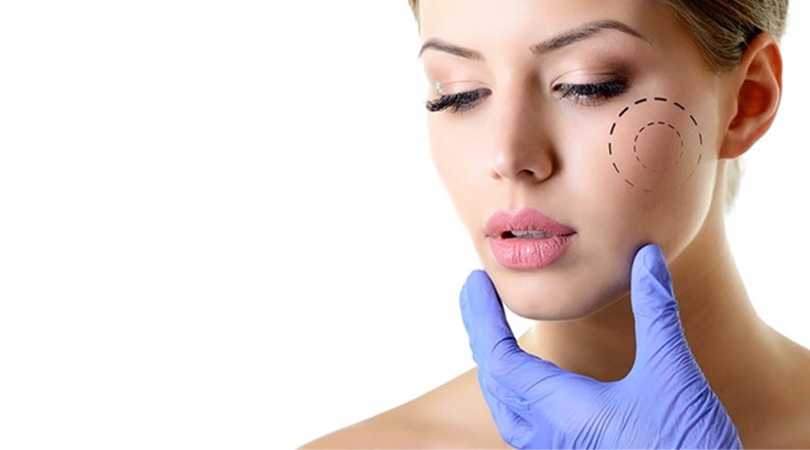
How is Buccal Fat Removal Surgery (Bichectomy) Performed? With Buccal Fat Removal Surgery, the exce..
Read more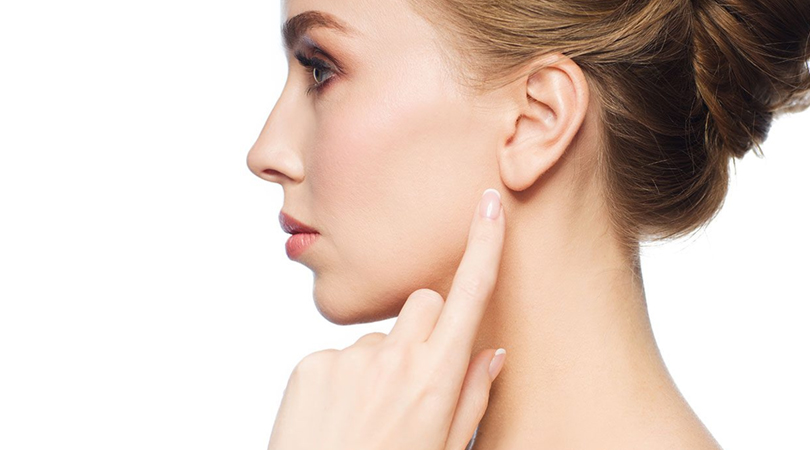
At the same time, the size of the ear and the ear correction structure that disturb the person, the ..
Read more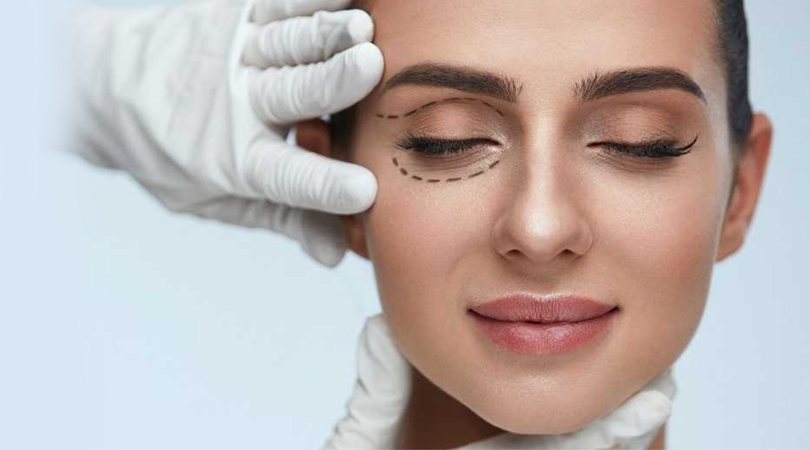
Upper and Lower Eyelid Surgery Due to the sagging of the eyelid and the appearance of the bags on t..
Read more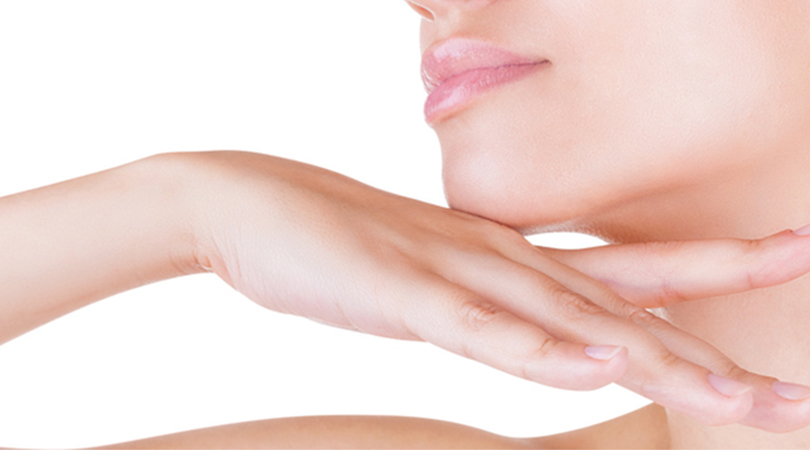
In the small jawline problem, arched nose and jowl sagging are also seen together, and the problems ..
Read more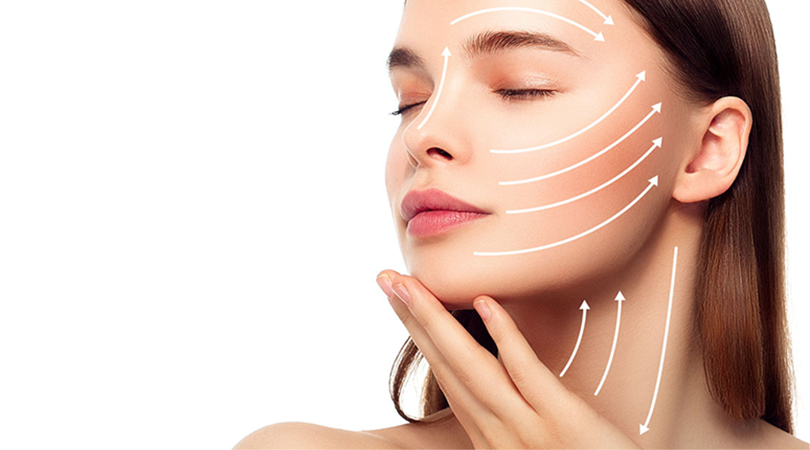
How is Face Lift Surgery Performed? Facelift surgeries are generally preferred by people who have a..
Read more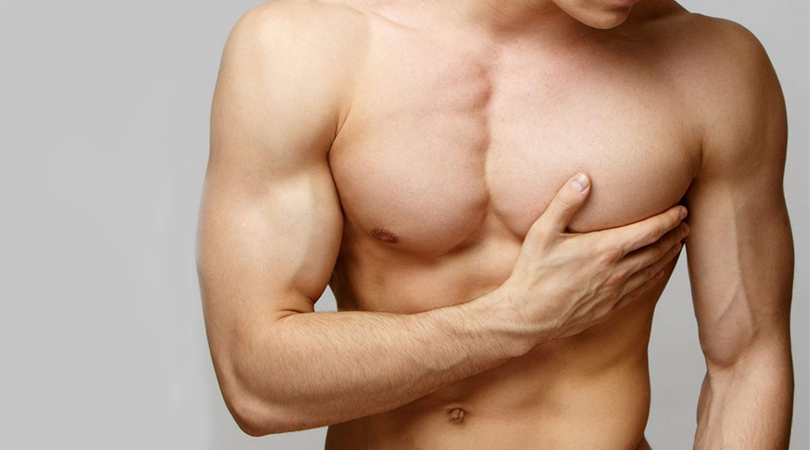
Gynecomastia Surgery and Treatment The healthiest and most accurate result in the treatment of gyne..
Read more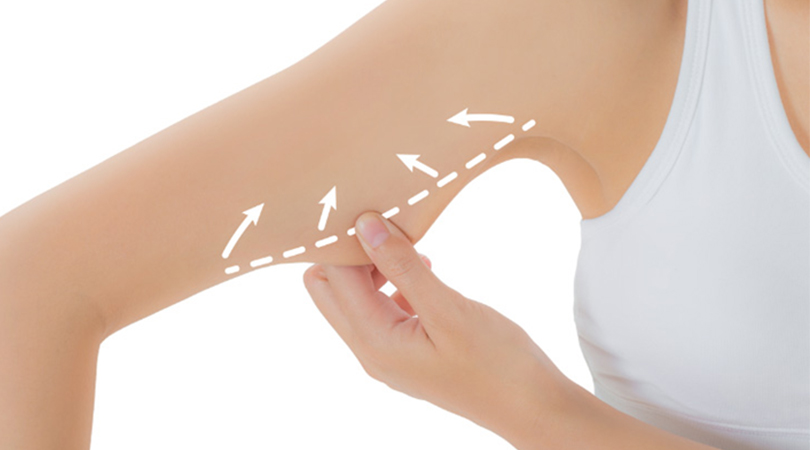
How is Arm Lift Surgery Performed? Arm lift surgery is a type of plastic surgery that can be perfor..
Read more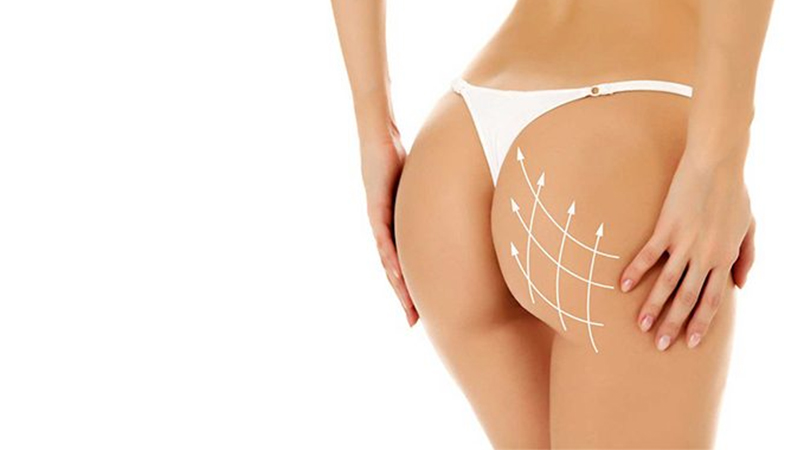
What is Butt (Hip) Aesthetics? Buttock aesthetics is an aesthetic surgery procedure performed by sp..
Read more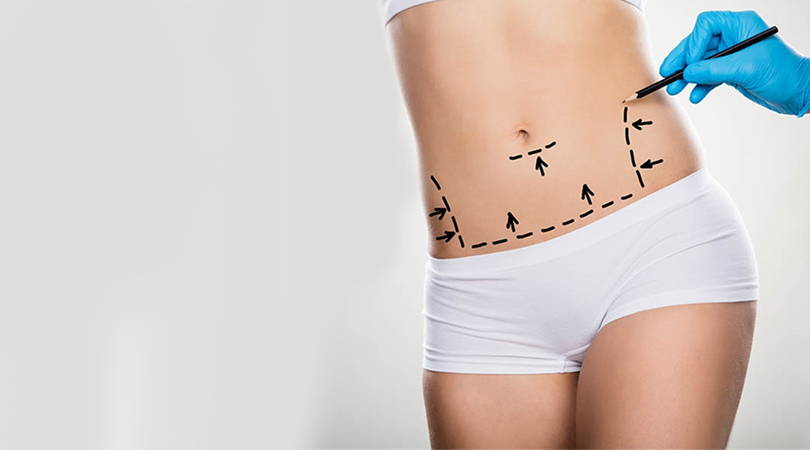
What is Tummy Tuck? Tummy tuck surgery is an application that is performed by various methods and e..
Read more
Who Can Have Liposuction – Fat Removal Surgery? Fat removal surgery is generally a suitable option ..
Read more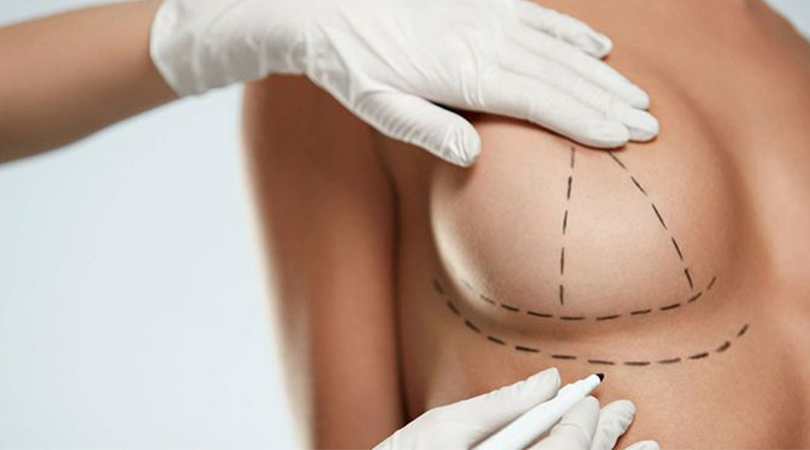
Humans have gone through many aesthetic processes in order to be beautiful and have a more aesthetic..
Read more
How is Breast Reduction Surgery Performed? Breast reduction surgery is performed for people with la..
Read more
How is Breast Enlargement Surgery Performed? Breast enlargement surgery, which has increased its po..
Read more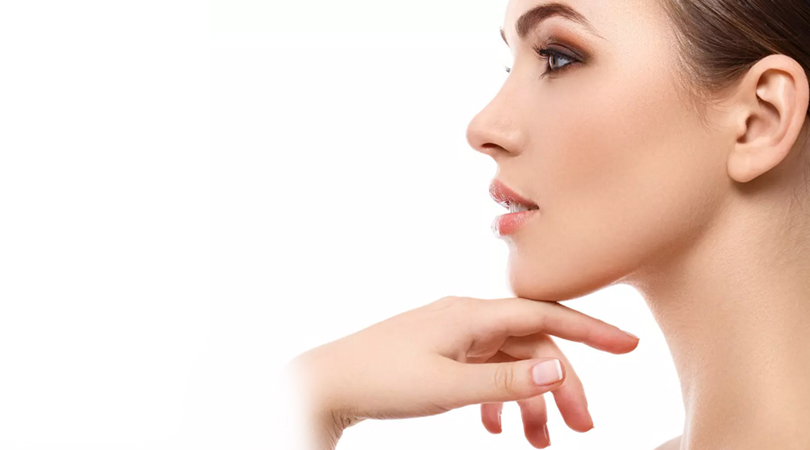
An Overview of the Concept of Aesthetics The word “aisthetikos”, which is formed from the Greek wor..
Read more
 EN
EN TR
TR FR
FR ES
ES DE
DE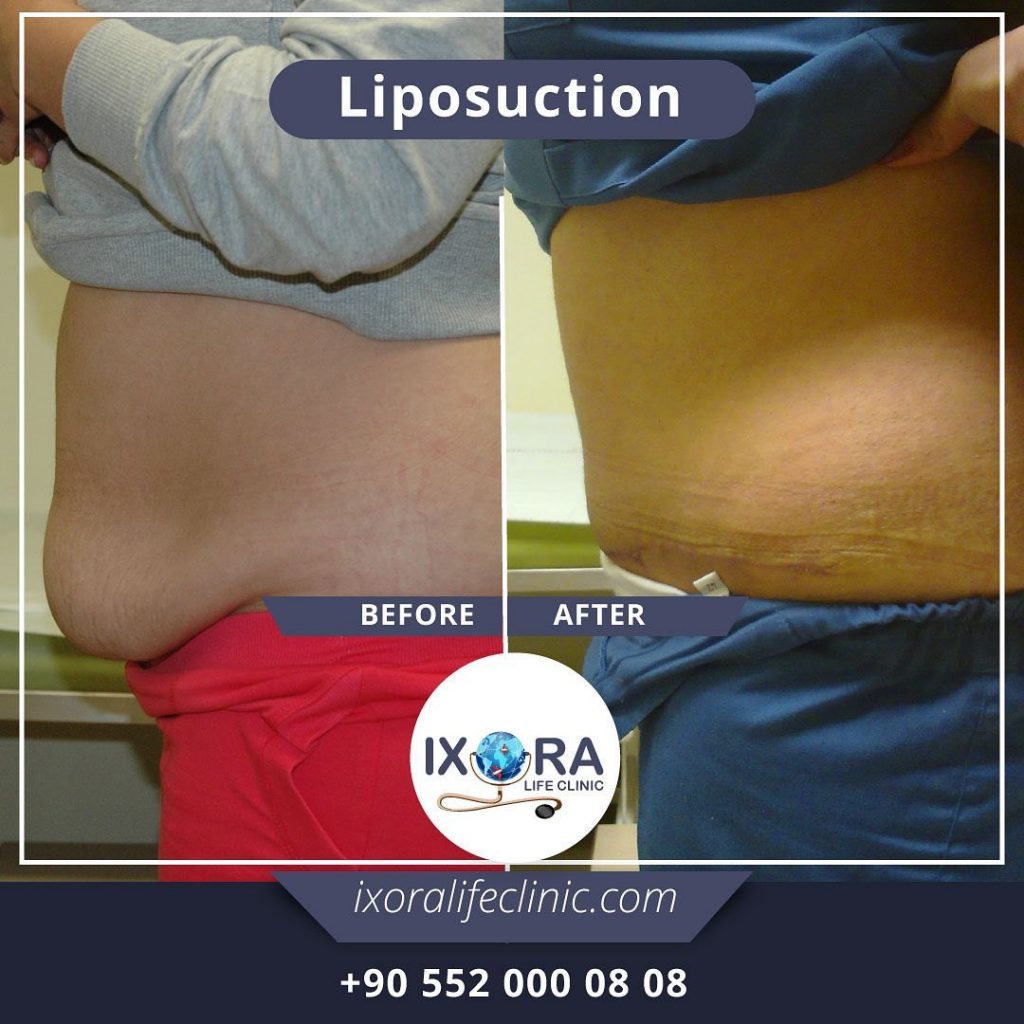
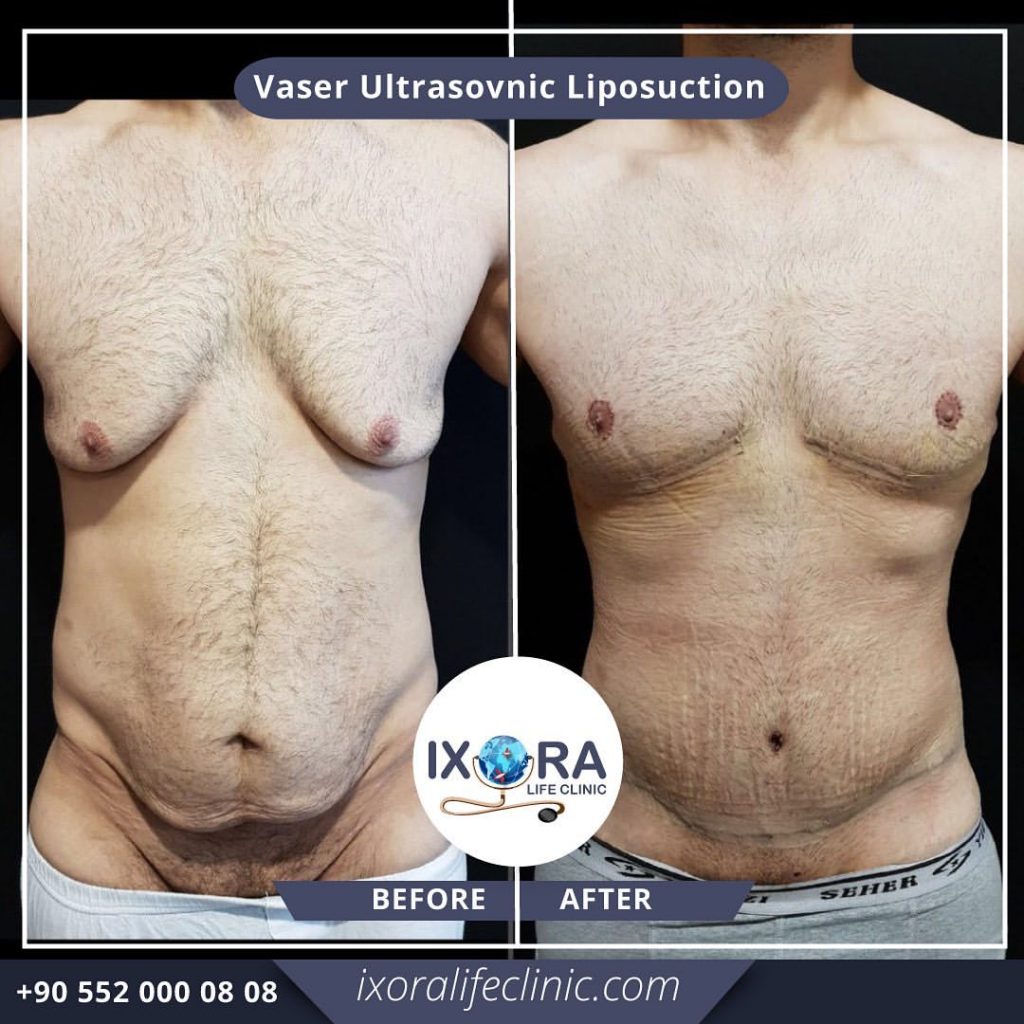
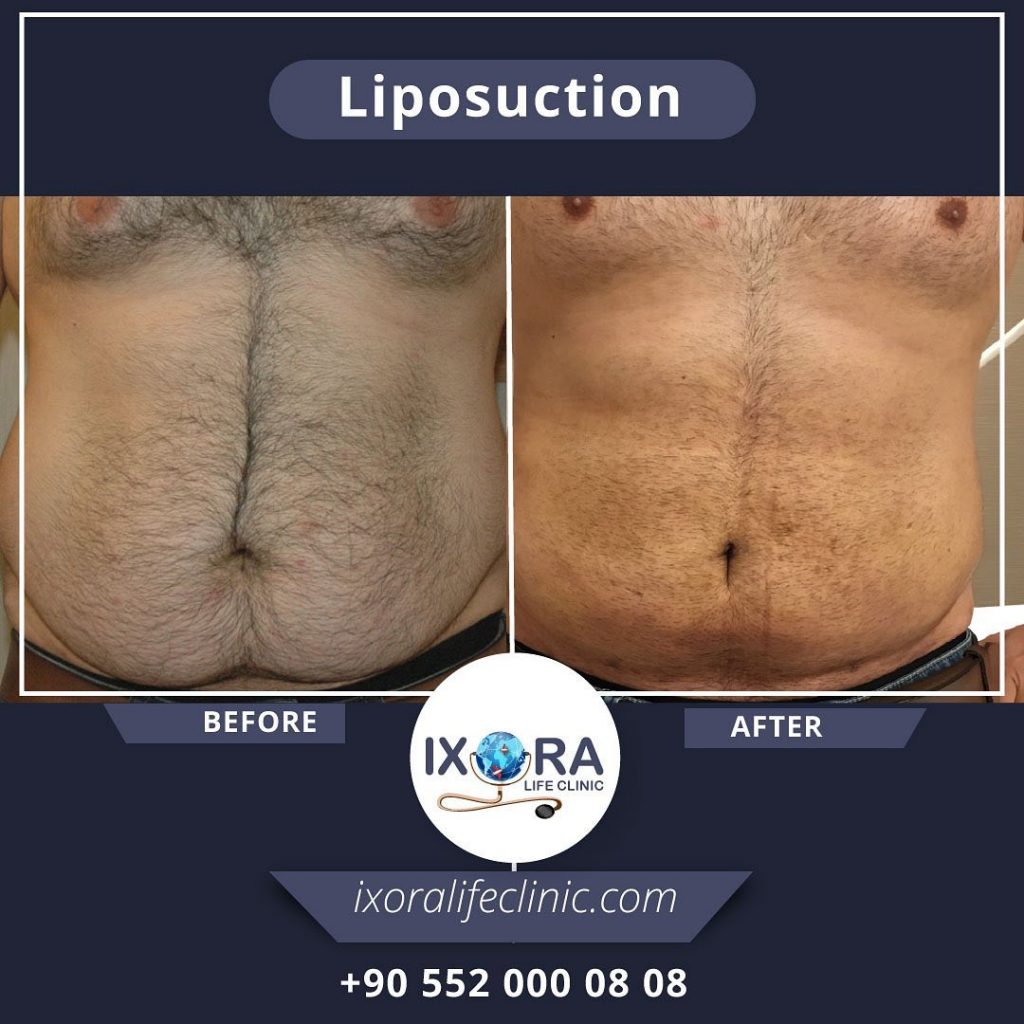
Ixora life clinic is amazing! The staff here is always so professional and kind. They take time to explain every part of the process and I greatly app..
I was warmly welcomed to the clinic for my dental implant, all my worries vanished and at no time did I experience any discomfort. My procedure went s..
I have been extremely pleased with ixora life doctors and the treatment I have received. From start to finish I felt very pleased with the professiona..
Firstly they did my free hair analysis . Then surgery went without any pain. I am grateful to My Dr and his crew. I cant tell how curious ı am to see ..
Doctors in ixora’s calmness and experience with dealing with nervous patients is fantastic. When I went home I had no problems with the implants, and ..
Excellent very happy with my teeth implant and would recomend to anyone considering having them done. This is definetly the best place to have them do..
Ixora Life Clinic staff was very professional, from the first contact, through my trip to Istanbul, accomodation, the procedure itself, till the after..
My tooth broke and I needed a new implant. I got an appointment very quickly and the process for getting the new implant started. Ixora was very knowl..
All I wanted was to have my two teeth on the front back and they look fabulous. Once I had decided to have two gaps filled by implants, I immediealty ..
If you consider hair transplant procedure, my advice would be to choose Ixora Life. They are definetly the best in this procedure and the results are ..
I had my procedure done in the office and am very glad I did it with them. When I look at myself in the mirror I feel happier than I have in years. I ..
I have my hair transplant operation. A truly professional team. They provide information flow before and after hair transplantation. I am very happy w..
This clinic is wonderful, they really care about getting the results you want with your hair transplant procedure and works with you to achieve them. ..
We always come here for our family regular dental care, we are satisfied with our doctors...
I love the results and think Ixora Clinic and their staff are wonderful. I had no issues and everything went really very well. My friends recommended ..
Before I had a hair transplant, I did a lot of research and found Ixora Clinic by chance. I am so happy with the result...
I had my implant done here a year ago, it still looks solid and I am very happy with the result...
We came to my daughters implant, it was a long process, and we got through it very well. I recommend this clinic to everyone...
Employees here completely understood the look that I wanted for my hair and they performed it exactly. I didn’t went through any complications through..
I am very pleased with my results, teeths lookin very natural and I definitely recommend ixora and the team if you are considering having good teeths..